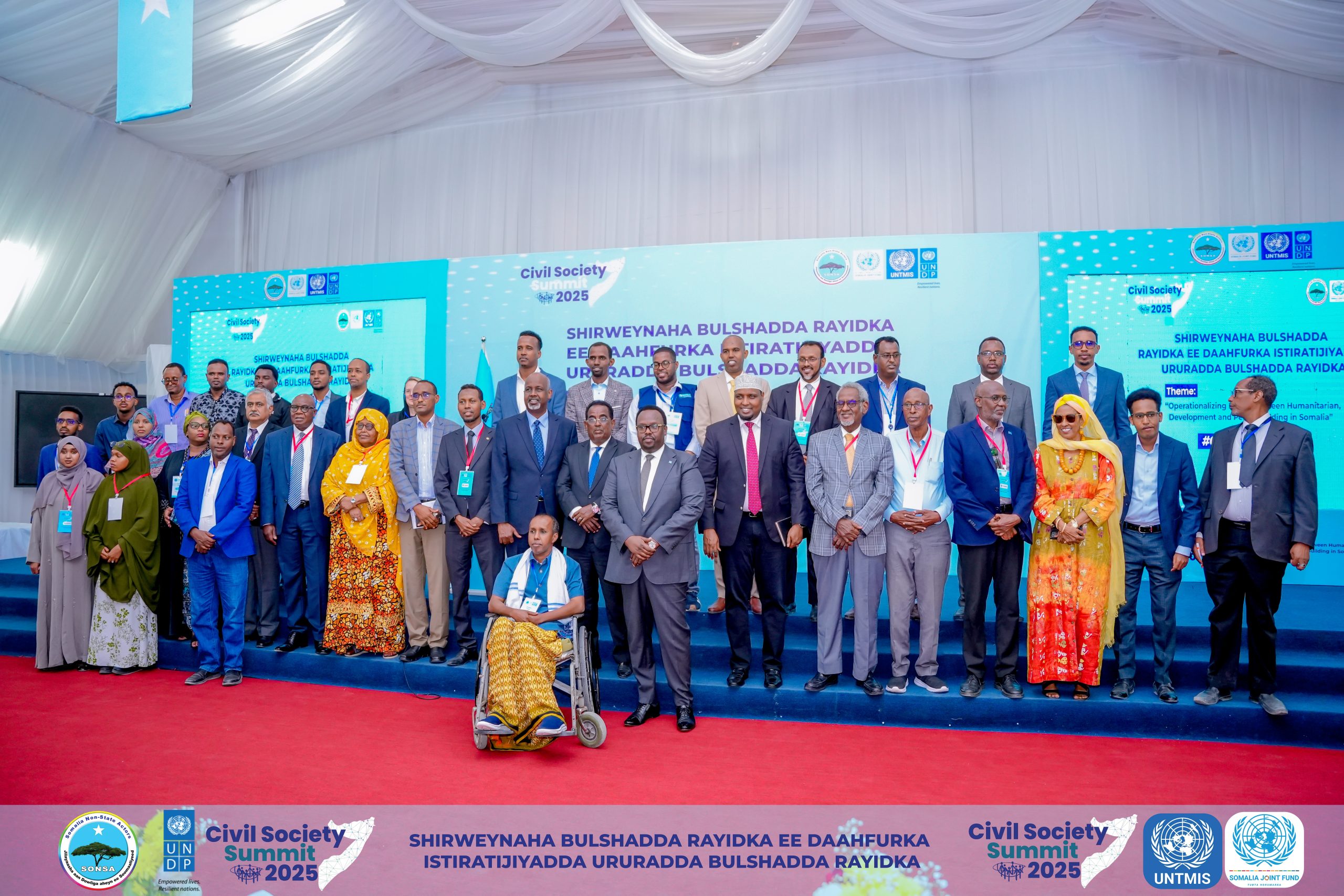On October 30, 2024, the National Consultative Council (NCC) in Somalia announced its decision to implement a one-person, one-vote (OPOV) electoral model. This initiative, championed by President Hassan Sheikh Mohamud, aims to transition Somalia from an indirect election system—often criticized for manipulation and lack of transparency—to a more democratic framework. While the move is intended to foster inclusivity and representation, it has revealed significant political and security challenges that could destabilize the country further. This commentary examines the implications of the NCC’s decision, the potential dilemmas it poses, and the broader context of Somalia’s quest for democratic governance.
Somalia’s political landscape is characterized by persistent conflict, clan rivalries, and a history of failed governance systems. The current push for OPOV reflects a broader desire for democratic reforms among the Somali populace, who are increasingly disillusioned with the existing political order. President Mohamud’s advocacy for OPOV has gained traction, suggesting a shift toward more participatory governance. However, significant barriers remain that could jeopardize this initiative and lead to further instability.
NCC’s decision to hold direct elections on a uniform date-August 2025 means an extended mandates for some Federal Member State leaders while cutting short some. For example, Puntland conducted presidential elections in January this year handing President Abdullahi Deni five more years in office. In HirShabelle, President Ali Gudlawe came to office in November 2020 and was set to face the electorate next year when his five-year mandate ends. In July this year, Jubaland parliament scrapped presidential term limits handing President Ahmed Madobe endless slots at the ballot. The southerly state was set to hold presidential elections this November when Madobe’s second term lapses. Galmudug’s Ahmed Qorqor secured a one-year extended stay in office stretching the election period to February 2025. Similar extensions and constitutional changes have also been witnessed in South West. Of note also is that the fate of Banadir region, which hosts the capital Mogadishu remains in limbo as the Federal President enjoys mandate to appoint a governor despite the all-important role of the region.
Independence House is concerned that NCC’s consequential decision in the absence of key stakeholders such as Puntland, Jubbaland, and the recently recognized SSC-Khatumo from the NCC framework could adversely affect dent the credibility of any proposed electoral process and further polarize the already fragile political environment.
Effectively, the recent NCC’s decision devoid of consensus may endanger the legitimacy of any proposed electoral reforms, and Somalia’s democratic journey.
Noteworthy is that Somalis will still need to exhaustively deliberate on what OPOV literally translates to. Two electoral models- First-Past-the-Post and Proportional Representation (PR) have come out as the most favoured options but there is yet a determination.
To mitigate the political challenges that may arise from the NCC’s recent decision, it is critical to strengthen the capacity of electoral institutions and governance structures. This includes improving the integrity of electoral commissions and enhancing voter education initiatives to build public confidence in the electoral process. Additionally, involving international partners in the electoral process can provide further legitimacy and support for Somalia’s independent and democratic aspirations. Engaging with organizations that can offer technical assistance and oversight may also enhance the credibility of the implementation of the one-person, one-vote (OPOV) model.
In response to these challenges, Independence House is proposing a collaborative and inclusive strategy aimed at ensuring national unity and enhancing the credibility of the electoral process. The following measures are advocated:
1. Heal FGS-Jubaland, Puntland Rift:President Mohamud will need to move with haste to open back channels and foster dialogue with Jubaland and Puntland to forestall a further fall-out. The two FMS, allied politically and ethnically are crucial in forging a united front not only in addressing the pressing political challenges but also sustaining security efforts which are crucial in preparing for country-wide elections
2. Establish a Consensus-Driven Model: Create an electoral framework that encompasses the Federal Government, federal member states, opposition parties, and civil society, fostering unity and building trust among all stakeholders.
3. Enforce Rigorous Electoral Standards: Implement strict standards to guarantee a transparent and fair electoral process, while actively rejecting past corrupt practices to restore confidence among the Somali populace.
4. Prioritize Long-Term Stability Over Political Gains: Political leaders should adopt a cooperative mindset, setting aside short-term ambitions in favor of strengthening governance and promoting national unity.




